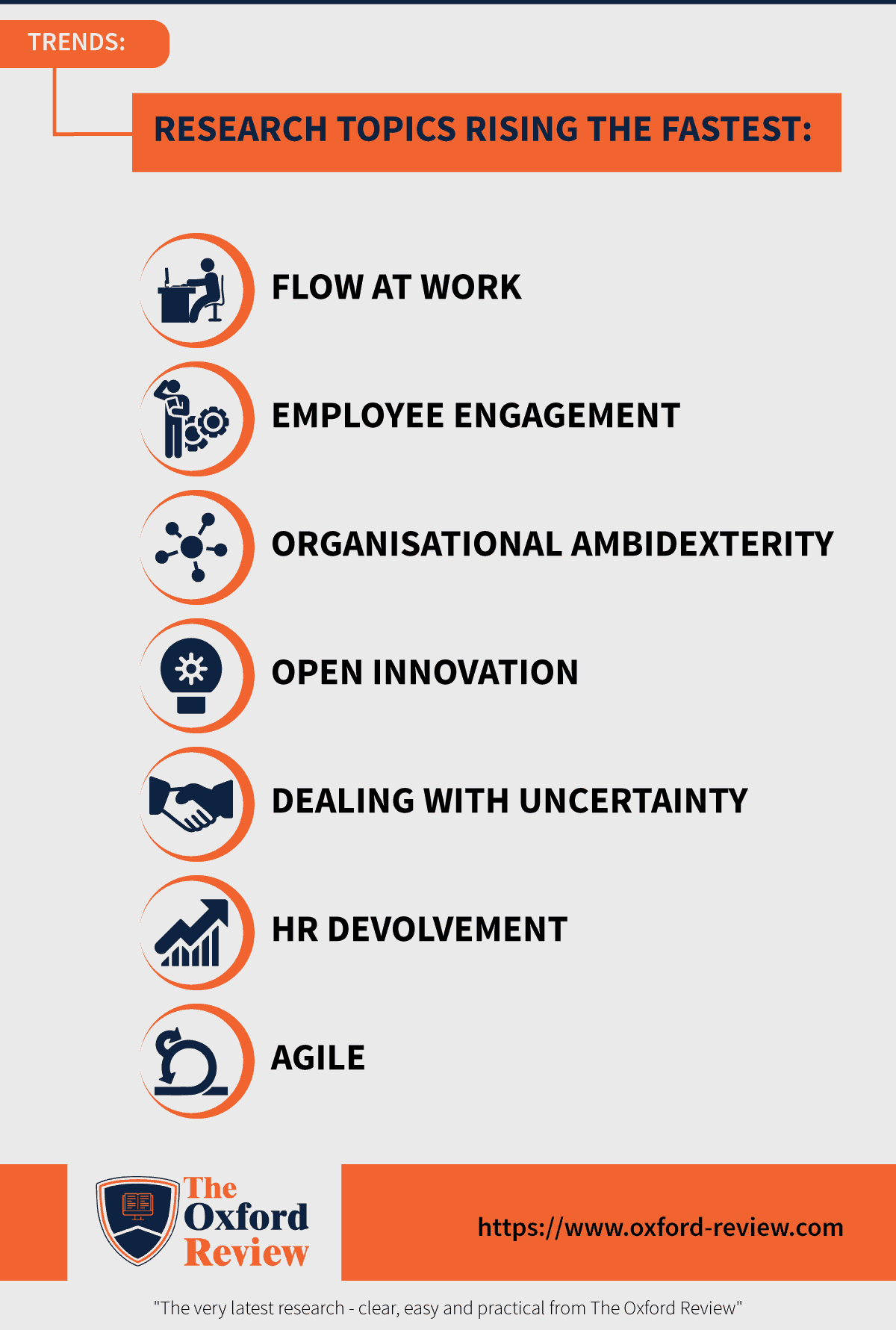Category Archives for "The Oxford Review Encyclopaedia of Terms"
The Oxford Review Encyclopaedia of Terms provides short definitions and longer articles about terms found in leadership, management, human resources, organisational development and change, learning and development and coaching.


